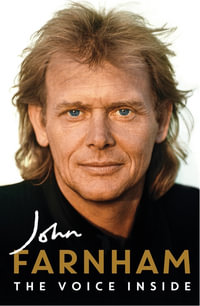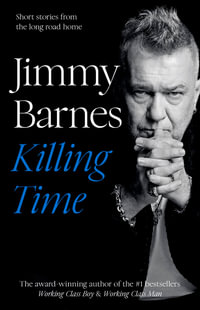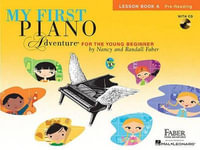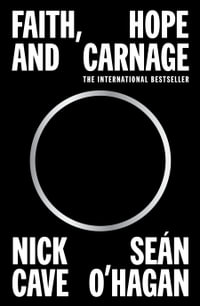This is the second volume in a two-part set on the writings of Thomas Salmon. Salmon (1647-1706) is remembered today for the fury with which Matthew Locke greeted his first foray into musical writing, the Essay to the Advancement of Musick (1672), and the near-farcical level to which the subsequent pamphlet dispute quickly descended. Salmon proposed a radical reform of musical notation, involving a new set of clefs which he claimed, and Locke denied, would make learning and performing music much easier (these writings are the subject of Volume I). Later in his life Salmon devoted his attention to an exploration of the possible reform of musical pitch. He made or renewed contact with instrument-makers and performers in London, with the mathematician John Wallis, with Isaac Newton and with the Royal Society of London through its Secretary Hans Sloane. A series of manuscript treatises and a published Proposal to Perform Musick, in Perfect and Mathematical Proportions (1688) paved the way for an appearance by Salmon at the Royal Society in 1705, when he provided a demonstration performance by professional musicians using instruments specially modified to his designs. This created an explicit overlap between the spaces of musical performance and of experimental performance, as well as raising questions about the meaning and the source of musical knowledge similar to those raised in his work on notation. Benjamin Wardhaugh presents the first published scholarly edition of Salmon's writings on pitch, previously only available mostly in manuscript.
Industry Reviews
'... fascinating insights into a vibrant period of English music history. Both volumes are highly recommended'. Early Music America 'The texts are meticulously edited by Wardhaugh; much useful historical information is given. There are copious endnotes and an introduction to each text, as well as an extended general introduction to each volume. Wardhaugh's prose style is clear to read ... the standard of scholarship appears to be exemplary. The volumes will be a valuable, if highly specialised, addition to any music library ...'. The Consort 'The series Music Theory in Britain, 1 500-1 700: Critical Editions,? helmed by Jessie Ann Owens, has already made great strides toward bringing English theory treatises into more university libraries and, hopefully, more curricula and scholarship. Earlier volumes in this series have provided excellent starting points for scholars entering into the morass that is early modern British music theory, and Benjamin Wardhaugh's new two-volume contribution, Thomas Salmon: Writings on Music is no exception. Of course, with the resources of Early English Books Online (EEBO), the majority of English theory texts from this period are available in facsimile and, often, searchable full text. It is critical, then, that new scholarly editions of these works have something to add, and Wardhaugh delivers'. NABMSA 'The present critical edition of Salmon's writings on music is highly commendable. Not only because the texts in themselves are very original and answer intriguing questions regarding music theory and temperaments in the late seventeenth-century England; it is indeed Wardhaugh's introduction, evaluation of sources, comments, and explanations enriching the edition that provoke the reader in new directions; this is the very reason why modern critical editions are so valuable. Downloadable digital facsimiles of many of the publications are certainly available, but the reader is not challenged in his or her views and
























